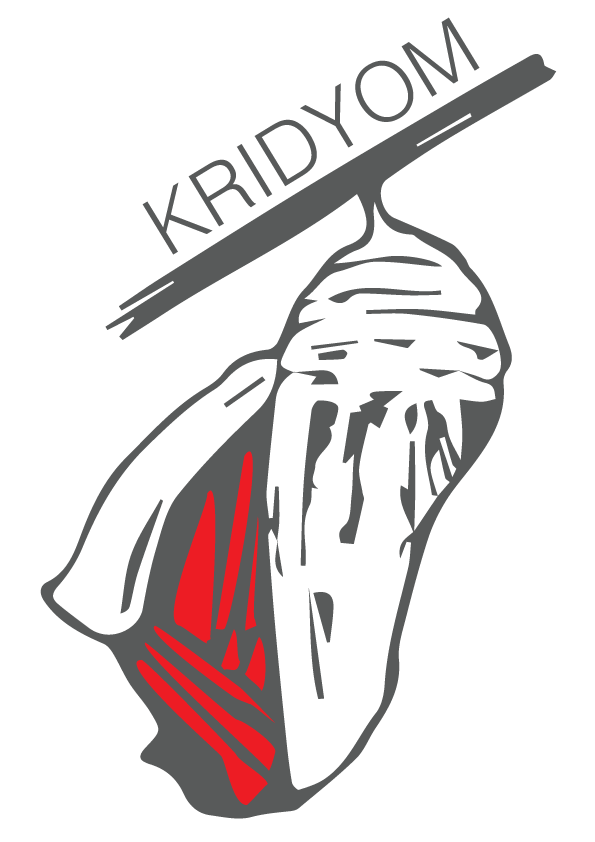GETTING IN TOUCH - Awakening Joy - CONNECTING THROUGH THE SENSES
Mindfulness Tradition
DID YOU KNOW THAT TOUCH HAS MORE PAGES IN THE OXFORD ENGLISH DICTIONARY THAN THE WORD LOVE?
WE ARE LIVING IN A TIME WHEN TOUCH AND CONNECTION ARE SEVERELY RESTRICTED, YET OUR HEARTS, OUR HEALTH, OUR HEALING AND AND OUR HUMANITY DEPEND ON BOTH.
One of the most direct and effective ways we can touch and feel more connected is by tuning into our senses – sight, hearing, smell, taste, touch and intuition/insight.
As human beings we generally relate to the world through our intellects and emotions and we tend to take our senses for granted. However, people who lose one or more of their senses, whether through accident or illness, suddenly realise how much their felt presence in the world relies on their sensory awareness.
Normally when we are busy, up to our eyes, as it were, with things to do and places to be, rushing from one task to the next, bombarded with the commotion around us and inside our own heads, it’s easy for our senses to become dulled. This silencing of our senses is like an automatic mechanism that protects us from realising that we are living in a constant state of overwhelm. Silencing our senses leads to a more impoverished life, where countless opportunities for joy and appreciation are missed because we aren’t even aware of them.
For many of us, forced to a sudden stop by the Corona Virus, the time of lockdown brought us back to our senses in more ways than one. We found life and childlike pleasure again in the small and simple things that so often, as busy adults, we have ignored. However, there is a risk that we will go back to our old ways as soon as the lockdown is eased. For many the pace is already increasing with alarming speed. Some of us, however, don’t want to go back to our pre-Covid ways and leave the gifts that we experienced in this time of lockdown behind. We want to be able to come to our senses, without needing to be locked down to do so!
“The fact of the matter is that it is not so easy to come to our senses without practice. And as a rule, we are colossally out of practice. (…) We are colossally out of shape when it comes to perception and awareness, whether orientated outwardly or inwardly, or both.”
When we are cultivating a practice of coming to our senses practicing eating mindfully is a great place to start. We take a raisin (or mandarin orange segment!), close our eyes and feel in our fingers - just one little raisin in one big hand. We feel it, maybe feel the weight of it, maybe notice for the first time all the ridges and troughs and valleys in the raisin.
In this way, by simply touching and looking closely at one tiny raisin we literally and metaphorically “come to our senses,” By bringing all of our senses to this raisin that we are about to eat, we get to know it in an entirely different way. It is no longer some dead object that we mindlessly put in our mouths to feed us, we’re actually in touch with it, perhaps filled with awe at its journey from a vineyard in sunny foreign climes, perhaps moved by the childhood memories that the smell of the raisin provokes, perhaps stunned at the beauty of how the light shines through it.
One simple raisin, if we are present to it with all of our senses, has the power to open up our vistas and connect us to ourselves and to our world in ways that we couldn’t have imagined.
When we slow down enough to see, hear, smell, taste, and touch our world mindfully, when we stop to notice the warmth of the sun on our skin, the feel of our bodies on the bench, the sound of the birds in the trees, the colour of the wild flowers in the fields, the buzz of the bees gathering nectar from the buttercups, the joyful sounds of children playing, the sweet taste of honeycomb ice-cream on our lips, the smell of banana bread baking in the oven, the energy of clapping in our streets together… when we have all this available to us in every single moment, we can never be never disconnected, locked down or out of touch.
Like the prodigal son in Christian scripture - when we go out of our minds and come back to our senses, we will always find our way home to that place deep within us where we truly belong and are fondly, finely and firmly connected.
WAYS OF KNOWING - NATIVE TRADITIONS
Voices in the stones
Image credit: DoChara - https://www.dochara.com/places-to-visit/odd-unusual/stone-walls-2/
“One of the gifts of Native traditions is their openness to wisdom from many avenues beyond rational thought—community, ancestors, dance, drumming, nature, and symbols that speak deeply to the unconscious. ”
Extract from Kent Nerburn’s book Voices in the Stones:
Life Lessons from the Native Way
Read this with your heart wide open to unfamiliar and unexplainable ways of knowing. Imagine you are there with him:
I am standing in a lonely field, far from the nearest road, in the open prairie country of northwestern Minnesota. Just beyond me, the Ojibwe man who brought me here is overseeing the reburial of the bone fragments of two young girls, maybe fourteen or fifteen years of age, that were unearthed by a farmer during an excavation on his land.
We know they are girls and their approximate ages because modern science, with its tools and technologies, has analyzed their anatomical structure and drawn this conclusion. Yet beyond those facts we know nothing about them. They are thought to have lived over a thousand years ago. . . .
How wrong it felt to watch the bones of children being placed in a pit and covered by a front-end loader. These bones had once been young girls who had run and laughed and played on this very land. . . .
Who were they? How did they live? And are their spirits still present, as my friend who oversaw the burial believes?
I do not know. I cannot know. I can only bear witness and hope that my witness somehow does honour to their memory.
We are quick to draw lines where our awareness stops. Our streets, our alleyways, our history on the land—these form boundaries enough for us.
But there are truths that lie beneath our consciousness, just as there are truths that lie beneath our feet. That we do not know them does not mean that they do not exist, only that we do not have the patience and humility to hear.
Many years ago I stood in a dry creek bed in Alaska north of the Arctic Circle, staring out over a river of stones that wound, sinuous, into the purple arctic twilight.
Perhaps it was the strangeness of the setting, perhaps it was the power of the moment, but, as I stood there, those stones began to speak. It was a clacking sound, a clattering sound, like the fluttering of wings, the descent of birds, the pounding of a hundred thousand hooves across the frozen tundra.
I could not name it, but neither could I deny it. It came to me through senses unfamiliar, claiming me with a knowledge I did not know. That it was not within my rational understanding did not make it any less real.
The bones of these girls and the forgotten thousands of people who walked on these lands before us and gave their bodies and spirits to this soil speak with that same voice. We hear it, if we hear it at all, with a sense that lies far below our conscious awareness.
References:
Kent Nerburn, Voices in the Stones: Life Lessons from the Native Way (New World Library: 2016), 125, 130-132
Coming to your senses - CHRISTIAN TRADITION
Adapted from The Senses Have it. by Daniel O’Leary
Mythologist and writer Joseph Campbell is of the opinion that people are not so much looking for the meaning of life as such, but for the experience of being more abundantly alive. “Eternity has little to do with the hereafter,” he wrote. “This is it, if you don't get it here you won’t get it anywhere.” Heaven is not the place to have the experience; ‘Here’ is the place to have the experience. Maybe our future resurrection will reveal that we have been experiencing it all our lives.
The senses have it! We look at each other and see God’s face, maybe faintly, every day. We taste something of the flavour’s of God’s presence in everything that happens to us.
Knowledge alone, ideas and concepts do not change us profoundly. Pure experience does. It is always focused, concentrated and non-dualistic. It attracts, persuades and convinces. After it, we see things differently. Our experience is pure when we hold no filtering lens, no preconceived notions. The poets knew well that nothing can match the power of authentic experience “the secret of it all” wrote Walt Whitman “is to write in the gush, the throb, the flood of the moment. By writing at the instant, the very heartbeat of life is caught”
Our bodies are the Sacrament of the Incarnation, Redemption, Resurrection and the abundant life. It is in our bodies that we experience heaven, and in them, that God experiences earth. And God said:
May you delight in your body. It is my body too.
Don't you know you are my senses?
Without your body I cannot be.
God needed to and desired to become our bodies, our senses, our emotions in time and space, so that divine being could be experienced everywhere, by everyone, not just notionally known by the few. It was with a view to experiencing an astonishing and redeeming intimacy with all of us that God created the world in the first place.
“We awaken in Christ’s Body”
Do my words seem blasphemous? – Then open your heart to God and let yourself receive the One who is opening to you so deeply.
For if we genuinely love God, we wake up inside Christ’s body, where all our body, all over, every most hidden part of it, is realised in joy as Him, and He makes us, utterly, real, and everything that is hurt, everything that seemed to us dark, harsh, shameful, maimed, ugly, irreparably damaged, is in Him transformed and recognised as whole, as lovely and radiant in His light we awaken as the Beloved in every last part of our body.


